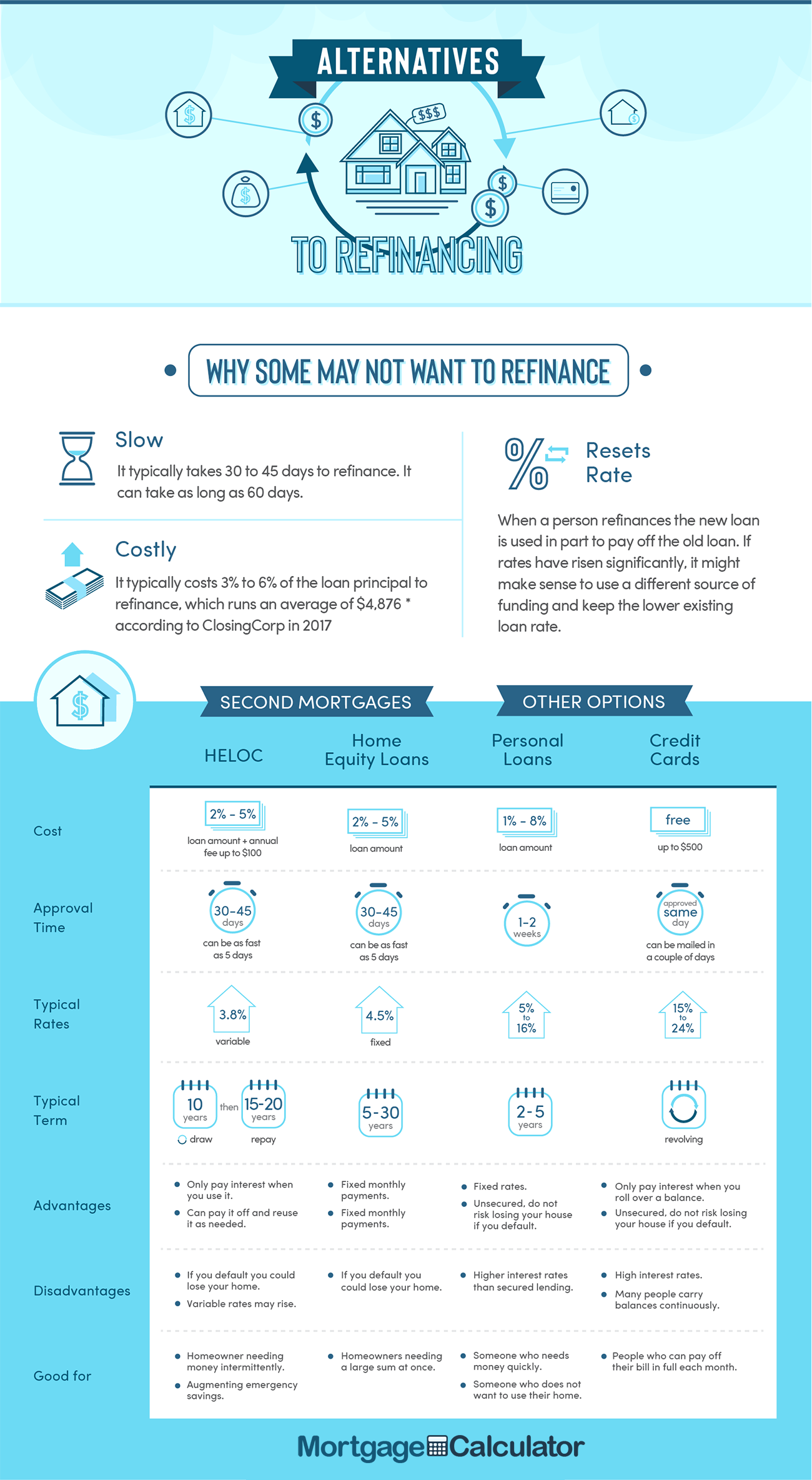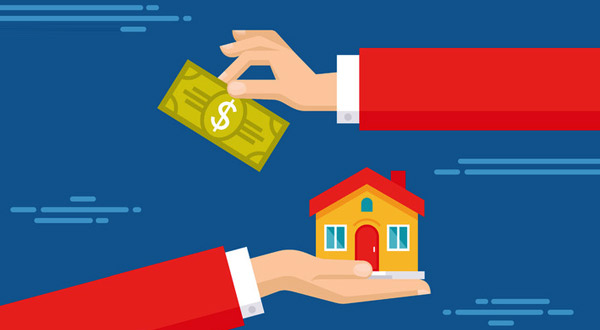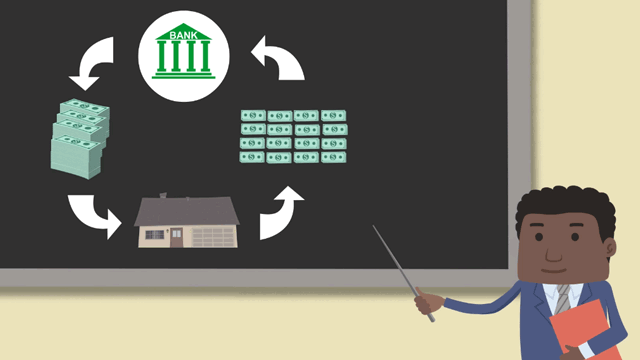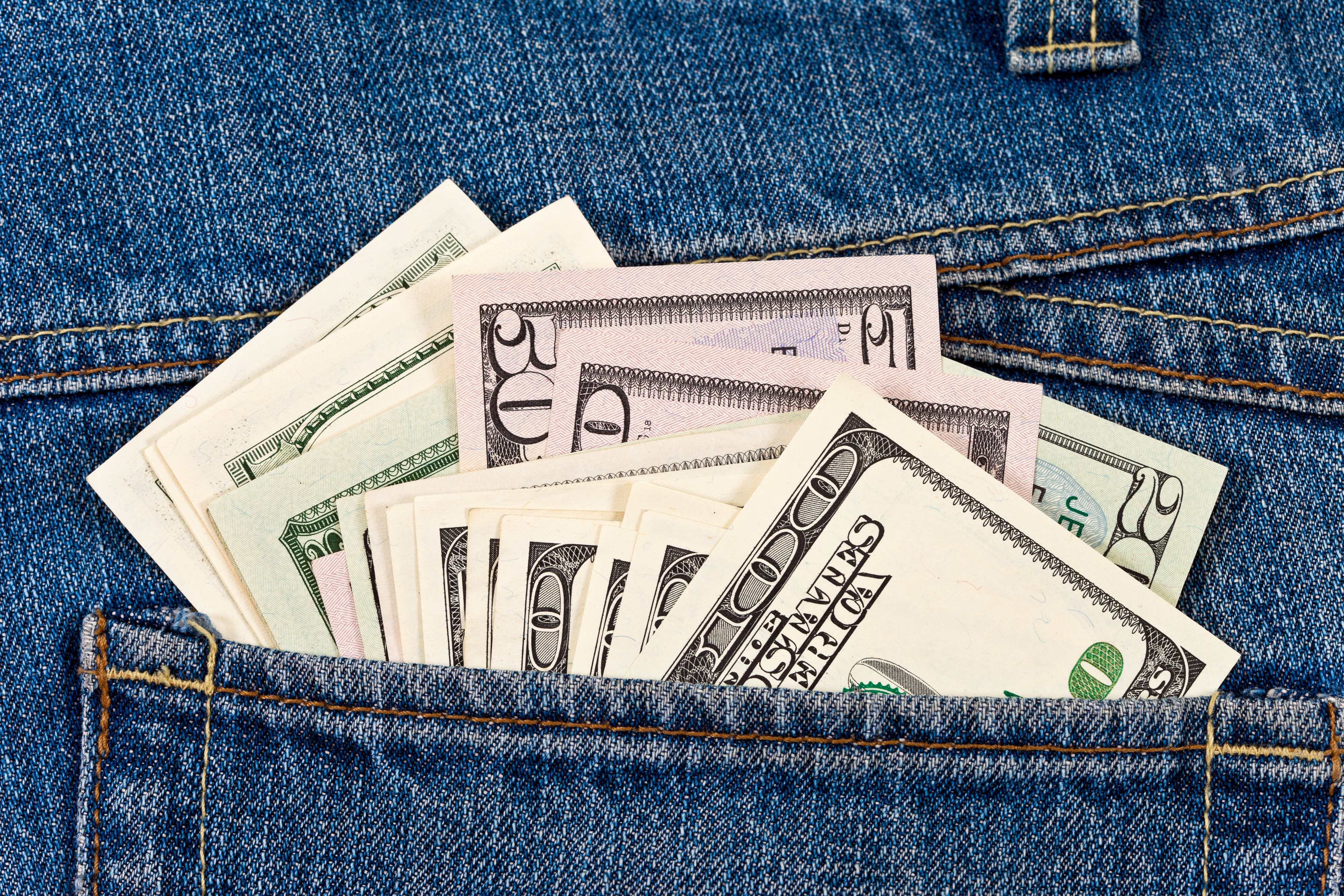What Does Refinance With Cash Out Mean

The interest rates on a cash out refinancing are usually but not always lower than the interest rate on a home equity loan.
What does refinance with cash out mean. A no cash out refinance replaces an existing loan with the same principal value or potentially less but does not allocate any money for spending cash to the borrower. Cash out refinancing however. A cash out refinance or cash out refi is when a mortgage is refinanced for more than what is owed and the borrower takes out the difference in cash. Generally the borrower does not pay closing costs for a home equity loan.
A cash out refi often has a low rate but make sure the rate is lower than your current mortgage rate. A cash out refinance is a replacement of a first mortgage. The borrower pays the mortgage refinance closing costs. This might occur if you do a cash out refinance where you take cash for the difference between the refinanced loan and what you owe on the original loan or when you roll your closing costs into your new loan rather than pay them upfront.
A cash out refinance is a refinancing of an existing mortgage loan where the new mortgage loan is for a larger amount than the existing mortgage loan and you the borrower get the difference between the two loans in cash. A cash out refinance is a mortgage refinancing option where the new mortgage is for a larger amount than the existing loan to convert home equity into cash. Plus taking out another 30 year loan or refinancing at a higher interest rate might mean you pay more in total interest. A cash out refinance can come in handy for home improvements paying off debt or other needs.
You won t reduce or eliminate your original loan balance.

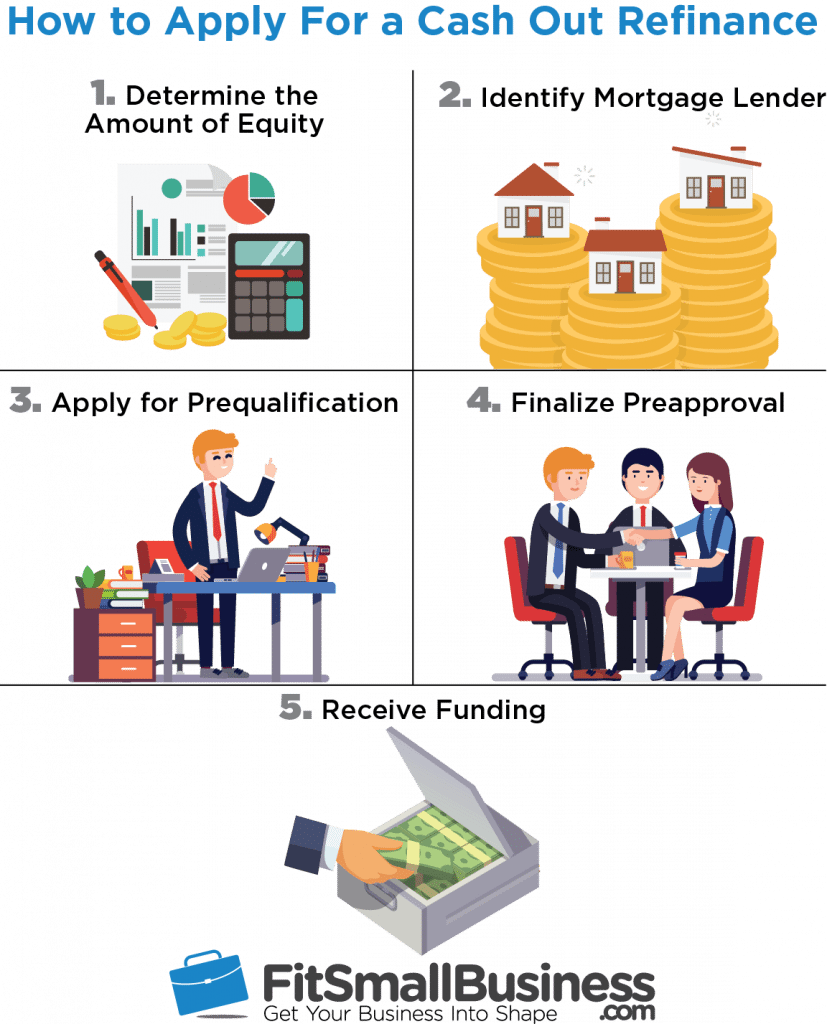
/GettyImages-814625196-6c04aa0eb7ea45feba8041094f655a5e.jpg)
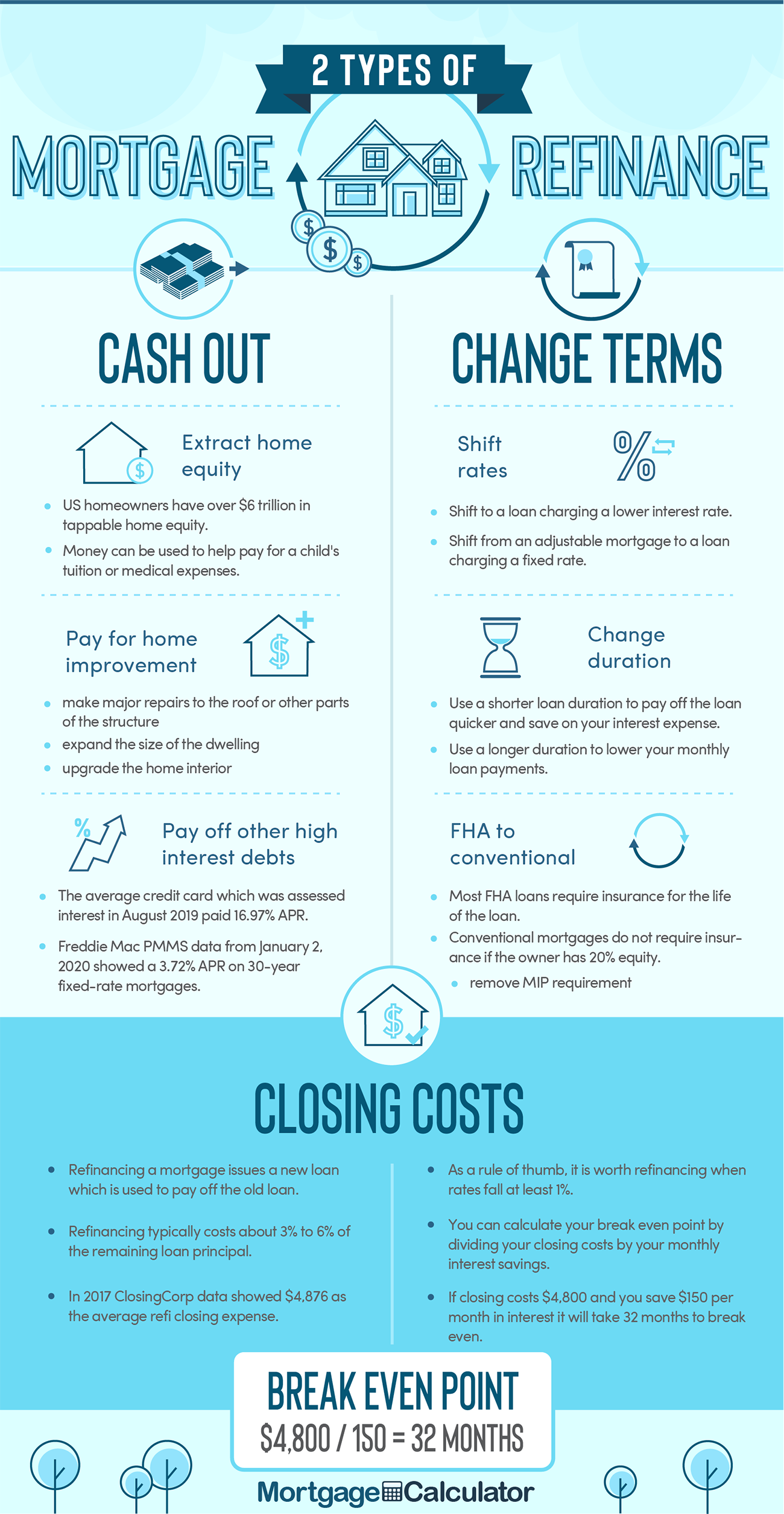

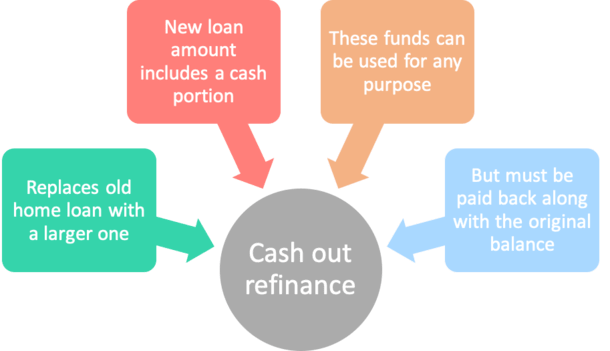

/what-is-refinancing-315633-final-5c94f0874cedfd0001f16988.png)



